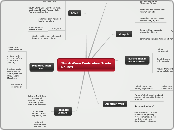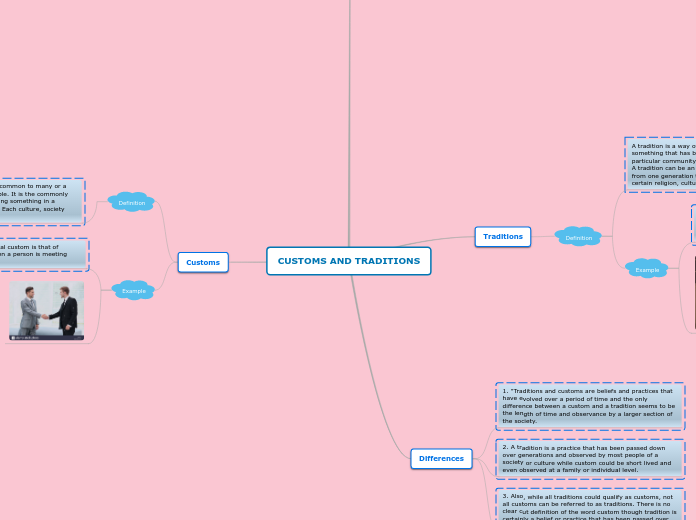Contact and Interaction
Southeast Asia
China's tribute system
Shipping
jongs
strong and steady
made of teak
adopted new ways of building ships
The Spice Routes
Indianisation
process of which Southeast Asian rulers sought knowledge of Indians
ports served as collection and distribution points
network of sea routes linking Asia and Europe
China
Tribute system
foreigners give tribute to Chinese emperor and get to trade in China
chinese culture spread to Japan, Korea and Vietnam
adopted Confucianism
Naval Expeditions
Expeditions
organised journeys that are made for a particular purpose
Admiral Zheng He
form friendships with countries on maritime trade routes
led seven expeditions
traders settle down in foreign ports
set up government offices to welcome foreign traders
Silk Road
7th century - easier to travel by sea/silk road declined
trades with Central Asians monitered closely by Chinese government
travelled using camels, horses, and on foot
Traded: pottery, tea, salt, spices, perfumes, gold, wine, glass
Name from Chinese silk that was carried along it
linked Asia to Europe
trade route and route for exchange of inventions and ideas
Grand Canal
easier for crops to be transported by boats
network of rivers and canals
Emperors banned people from travelling outside empire
India
Ambassadors
court officials sent by their kings to other kingdoms as their representatives
Mauryan and Gupta rulers had diplomatic relations with kingdoms and empires outside India
Territorial Expansion
Aryans moved to Ganges Plains (1500BCE)
Expedition
to ensure the maritime trade routes were safe
Disadvantage
Pirates
people who rob ships at sea
Advantage
could sail directly across the oceans
Sea routes
increase in trade between India and other civilisations
monsoons - strong winds that blow steadily in different directions at different times of the year
Indus copy Mesopotamians
seals
used sail boats to travel along the coasts of Persia
Overland Trade
trade routes extablished in Mauryan dynasty
travelled in groups
difficult & dangerous: no proper roads
Interations
Territorial expansion
kingdoms wage wars to control more land or trade routes
Diplomacy
to form good relationships with other kings
Maritime trade
trade conducted by those who travel by sea
Overland trade
trade conducted by those who travel across the land









